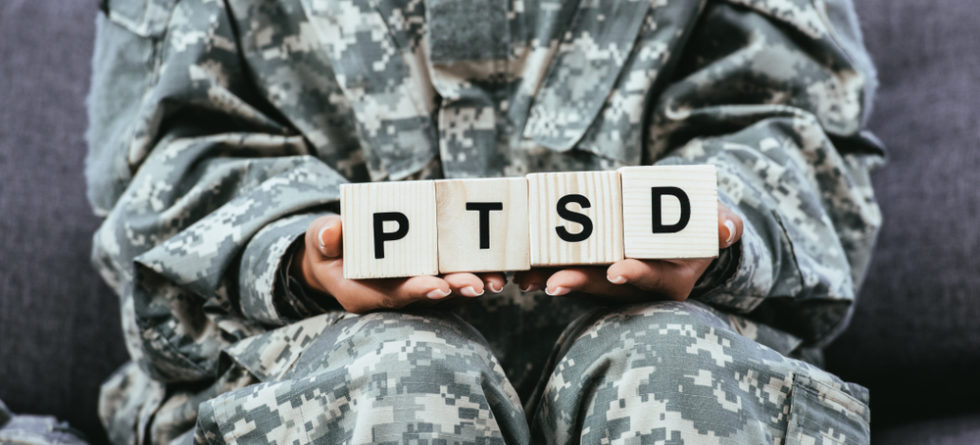Post-Traumatic Stress Disorder (PTSD) can significantly impact an individual’s behavior and emotional state, leading to a range of symptoms that might affect their interactions with others, including a need for control. Understand that while PTSD can lead to behaviors that may seem controlling, these actions are often coping mechanisms stemming from the trauma experienced, rather than a desire to control others for the sake of control itself.
Why Might Someone with PTSD Exhibit Controlling Behaviors?
- Safety and Predictability – Individuals with PTSD may seek to create an environment where they feel safe and where outcomes are predictable. Traumatic events often involve a loss of control or a feeling of powerlessness, so controlling their environment can be a way to mitigate feelings of vulnerability.
- Avoidance of Triggers – People with PTSD may try to control situations to avoid potential triggers that could provoke a traumatic memory or reaction. This might involve controlling where they go, the people they are around, or the activities they engage in.
- Anxiety and Fear – High levels of anxiety and fear can lead someone with PTSD to attempt to control their surroundings to reduce these feelings. They might try to manage the behaviors of those around them as a way to lessen their own discomfort.
- Hypervigilance – Hypervigilance is a state of increased alertness that helps individuals with PTSD to detect threats. It can also lead to controlling behavior as they might be constantly assessing their environment and the people in it for potential dangers.
Understanding and Support
It’s crucial for friends, family, and caregivers to understand that these controlling behaviors are not manipulative or intentional but are rather symptoms of a deeper issue related to trauma and PTSD. Approaching the individual with empathy, patience, and support can make a significant difference. Encouraging them to seek professional help through therapy and possibly medication can also be beneficial. Therapeutic approaches like cognitive-behavioral therapy (CBT), Eye Movement Desensitization and Reprocessing (EMDR), and trauma-focused therapy can help individuals with PTSD develop healthier coping mechanisms and reduce the need for control as a form of self-protection.







